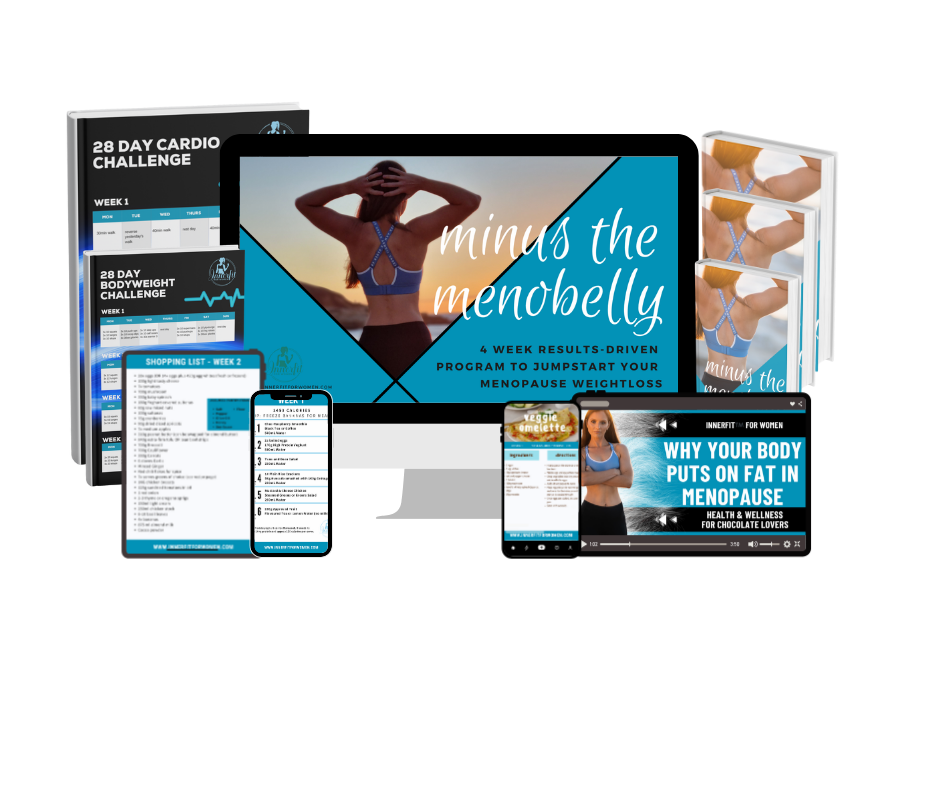The Uncut Info of Macronutrients
- Innerfit For Women

- Sep 5, 2022
- 6 min read
Ok - so macronutrients. You've heard of nutrients, right?
Well there are 3 main nutrients that are the umbrella for other nutrients, and all calories are made up of these 3 macronutrients. Every single thing that you put in your body has either fats, carbs or proteins in it, in various combinations and amounts. Piece of bread, mostly carbohydrates and some protein and fats. Eggs - fats and protein. Banana - carbohydrates, a little fat and a little protein. Chocolate - carbs, fats and a little protein. You get the idea, yeah! So literally everything that has calories has one or all of these macronutrients in it, and this is why they are important to know about. I'm sure some of you have heard the language Counting Macros…. This is what it’s all about.
So let’s have a brief look at each of them. Let’s start with fats. Now - you all know about fats - you’ve been taught about fats for decades now because the world has been trying to teach you that fats are bad, that the more fat you eat the fatter you will get.
Well - that's not true. In fact - fats are an essential part of our diet and without them all sorts of things go wrong, especially for us women. We actually need a certain amount of fats in our diet to maintain a healthy hormonal balance, to keep our menstrual cycle working at its best and our estrogen and progesterone levels properly balanced.
Fats are generally in meats and animal products, so things like cheese, milk, butter, yoghurt, red meat, chicken - all those things. Additionally fats are found in nuts, seeds and avocados as well. These are generally considered the healthier fats - the ones that come from nuts, seeds and avocados - they are less saturated and have many good qualities for our bodies. The fats in meats and animal products are generally more saturated fats, and this is the type of fats that CAN be an issue for us, particularly on our cholesterol levels.
Have you noticed that fatty foods are higher in calories when you are calorie counting? Tell me in the comments if you have noticed this before.
And do you know why?
This is because of the way that fat works in our bodies, it has more calories per gram, so it requires more energy to burn off. Each 1g of fat equals 9 calories. So if you eat 100g of pure fat (and it might sound like a lot but i bet sometimes you do it without knowing) then you are instantly eating 900 calories. But this is also why you can feel really full after eating a fatty meal - it has lots of calories AND it takes a while to digest.
Now I mentioned that fat is a necessary component of our diet so we need to ensure that we get enough without having it blow our calorie intake out of the water. The general rule of thumb for a healthy balance of nutrients is to have approximately 25-30% of your daily food intake made up of fats - preferably the healthier fats like seed, nuts, avocados, etc., as opposed to saturated fats from animals. So if you are on a 1500 calorie meal plan you would want approximately 400-450 calories to come from fat for a healthy balance and to keep your hormones working as best they can. Much more than this and you may put on weight, much less than this and your hormones may start to get a little antsy.
Don't be afraid of fat ladies - I know you have been conditioned to think that fat is the killer of humans, heart disease and all that - but its not if you eat good fats and the right amount of it. As with anything - if you overeat or over consume it of course it is going to do harm to your body. If you aim to get the good fats in over the saturated ones - you will be loving life.
So while you’ve been told that fats are the enemy - buy low fat, eat low fat, blah blah blah - what do you think is actually a worse thing to have in our bodies? What might be the real contributor to obesity, to heart disease, to blood sugar diseases, to some cancers?
It’s not fat that is the killer of humans - it is sugar! When something is low fat - it gets sugar added to make it taste better. Just about everything you eat has sugar in it and, if you watched my menopause series, you will know about sugars and carbohydrates and how they interact with the cells in the body. Sugar is a type of carbohydrate - a BIG component of the carbohydrate family. Just about every single carbohydrate that you can name has sugar in it, with the exception of green cruciferous vegetables.
And it's funny... because carbohydrates are the one macronutrient that we do not need for survival! Let me say that again - carbohydrates are the one macronutrient that we don't need to survive! No - this does NOT give you permission to go and cut all carbs immediately because they do have their place.
Firstly, if you want to be healthy - getting micronutrients is important. Things like iron, folate, vitamins and minerals - these things are important in our bodies. And many of these can be found in fats and proteins but are also found in vegetables and fruits. And vegetables and fruits are carbohydrates. So don’t eliminate them completely.
Secondly - if you are looking to build muscle it is highly encouraged that you eat carbohydrates after a workout for muscle growth and repair. But we mentioned sugars at the start. All carbohydrates with the exception of green cruciferous vegetables have some sort of sugar in them - this is where our intake of carbohydrates is going wrong. Even fruit - sorry ladies - but you may think its healthy sugars but a sugar is a sugar! You should be eating fruit to get the micronutrients and be aware of not overeating fruit because no matter where sugar comes from - it works the same way in your body. The body struggles to process it and is more likely to store it as excess calories rather than burn it off. I am going to go into carbohydrates more in the coming weeks but this is some food for thought.
The best carbs to eat? Vegetables. Preferably the green cruciferous kind like broccoli, cauli, spinach, green beans, kale, bok choy, cucumber and zucchini but if you are eating all the vegetables (with the exception of potatoes) then you will see a huge change in your health. After that - quickly going up the list from best to worst carbs to eat - beans, lentils, oats - anything as close to its original natural state as possible is always going to be better for you than something processed. Its that simple.
So the last macronutrient is protein. We cannot survive without protein (much like fats). We need protein to help repair cells, tissues and muscles. Where do we find protein? Lean parts of meat and animals (not the fatty parts!!), eggs, tofu - basically anything that comes from an animal or fish or simulates an animal - like tofu.
Now people often get confused around sources of protein - things like nuts, seeds and beans. Yes - these things have high protein content BUT they have higher carb or fat numbers so we don't consider them as a true protein source. You can, of course, count the protein in them towards your daily totals, as you would with any macronutrient, but these are not the items to use when you are specifically looking for a protein source.
There are a few bonuses to eating more protein for our weight management too.
Firstly - protein fills you up quickly. Much quicker than carbohydrates so if your meal is predominantly protein you shouldn't need to eat as much to feel full.
Secondly, it takes longer to digest which means less of it goes to the bloodstream and gets stored as body fat. Plus the fact it takes longer to digest means you won't be hungry as quickly after (like with carbs).
That’s right! I see your answers - excess in the bloodstream equals higher fats stores!! We don't want that!
Thirdly - your body uses some of the calories that you eat to actually digest the food itself - using energy to digest. This is called the thermic effect of food - how much of it is used as energy for digestion. Approximately 30% of Protein that you eat goes to this process, which means that only 70% of calories from protein will be used as actual calories (as opposed to nearly all of fats and carbs!).
So your body actually uses protein to burn calories! Win Win!
As a result your metabolism is increased when you eat protein, so at a very basic level the more protein you eat the higher your metabolism will be (even if it's only slightly). At the very basic level - protein is the macronutrient you want to prioritise at every meal.

Lastly - protein is a building block for muscle growth and repair and if you are looking for a toned body with less body fat - protein is what you need.






Comments